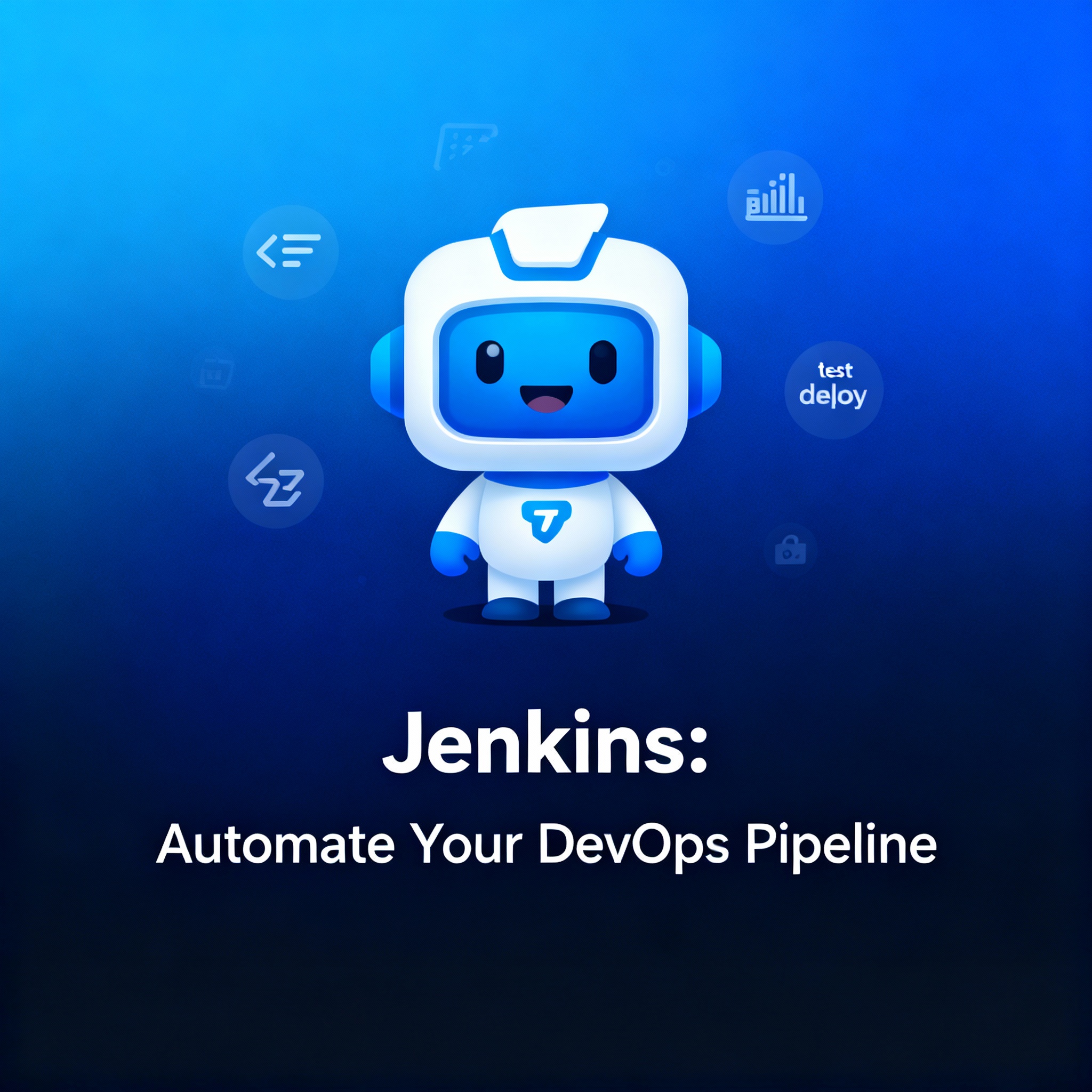
If you've ever wondered how top engineering teams ship code multiple times a day without breaking production, Jenkins is likely part of the answer. This open-source automation server has become the backbone of continuous integration and delivery pipelines worldwide. But what exactly makes Jenkins so valuable?
Automating Your Build Process
Jenkins excels at automating repetitive tasks that would otherwise consume hours of developer time. Every time code is committed to your repository, Jenkins can automatically build your application, run tests, and flag issues before they reach production.
This automation eliminates the manual effort of compiling code, running test suites, and preparing deployments. Your team focuses on writing code while Jenkins handles the grunt work in the background.
Continuous Integration Made Simple
The primary use of Jenkins is enabling continuous integration. When multiple developers work on the same codebase, integration conflicts are inevitable. Jenkins detects these issues early by continuously building and testing code changes.
If a new commit breaks the build or fails tests, Jenkins immediately notifies the team. This rapid feedback loop means bugs get caught within minutes, not days or weeks later in production.
Pipeline Orchestration and Deployment
Beyond building and testing, Jenkins orchestrates entire deployment pipelines. You can define multi-stage workflows that move code from development through staging and into production environments. Jenkins pipelines support complex scenarios like parallel testing, conditional deployments, and automated rollbacks.
The declarative pipeline syntax makes these workflows readable and maintainable, even for teams new to automation.
Integration with Your Existing Tools
Jenkins integrates with virtually every tool in the DevOps ecosystem. Git repositories, Docker containers, Kubernetes clusters, cloud platforms, testing frameworks, notification systems Jenkins connects them all. This flexibility means you can build pipelines that match your specific technology stack without forcing tool changes.
Why Jenkins Still Matters in 2025
Despite newer CI/CD tools entering the market, Jenkins remains relevant because of its extensibility, massive plugin ecosystem, and vibrant community. Organizations appreciate the control and customization Jenkins offers, especially for complex enterprise workflows.
Optimize Your CI/CD Pipeline with Expert Help
Setting up Jenkins properly requires understanding pipeline best practices, security configurations, and performance optimization. If you're looking to implement or improve your automation infrastructure, professional DevOps consulting services can accelerate your journey and avoid common pitfalls.













